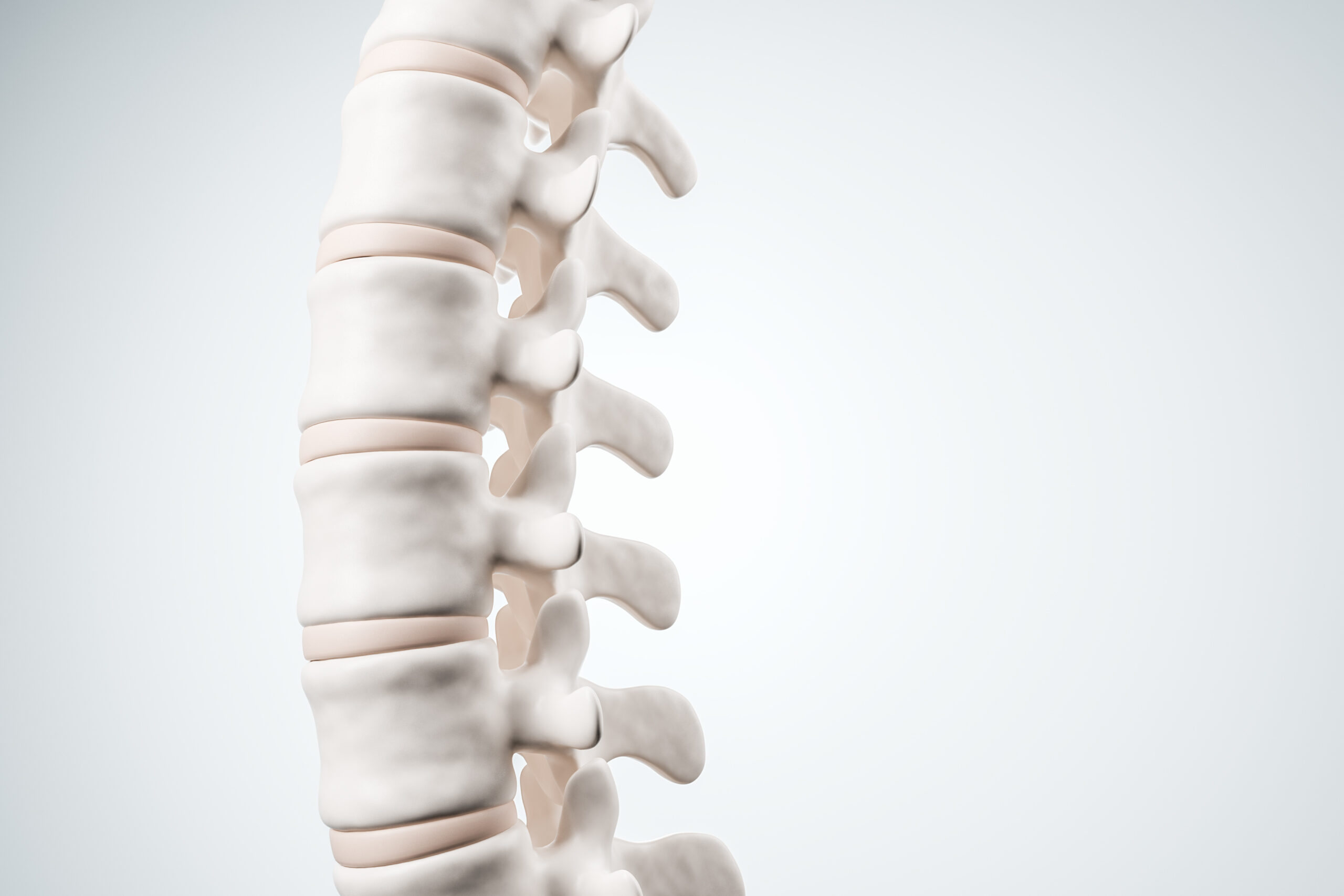Which Headaches Can Chiropractic Help?
There are over 20 different types of headaches. The ones most often treated by chiropractors include:
Migraine Headaches
Migraines are believed to stem from neurovascular changes in the brain. Though the exact cause is unknown, triggers may include:
Hormonal changes
Certain foods
Immune reactions
Environmental factors
Cervicogenic and Tension Headaches
These headaches are caused by pain referred from the neck. Common sources include:
Pain may travel to the head through a connection in the brainstem called the trigeminocervical nucleus.
How Chiropractic Treatment Works
Chiropractors aim to restore proper joint function, improve movement, and reduce pain. Treatment often includes:
This combined approach helps correct dysfunction, reduce the risk of chronic pain, and support long-term recovery.
How Effective Is It?
Research from institutions like the Quebec Task Force, RAND Corporation, and Duke University shows moderate scientific evidence supporting chiropractic care for headaches and neck pain. In fact, chiropractic received more supportive evidence than any other treatment reviewed by these bodies.
Studies confirm spinal adjustments are especially effective for:
Why Neck Adjustments Work
Chiropractic adjustments target joint dysfunction in the cervical spine. If your headaches stem from this area, treatment can offer relief—regardless of whether your headaches are labeled as migraines or tension-type.
Not Just a Placebo
Critics sometimes claim that chiropractic effects are “just placebo.” But clinical trials prove otherwise.
In studies where both groups received similar manual contact, those receiving actual spinal manipulation had significantly better outcomes than those getting placebo or sham treatments.
The Importance of Exercise
Adding rehabilitative exercises to spinal adjustments can improve results—especially for people with chronic or recurring symptoms.
A well-known study from the Minnesota trial (Bronfort et al., 2001) showed that patients who received both treatment and exercises did better than those who received only one approach.
Is Chiropractic Safe?
Yes. Chiropractic manipulation of the neck is very safe when performed by a trained professional.
The estimated risk of serious side effects (like stroke from vertebral artery injury) is 1 in 1 million treatments.
Other sources report even lower risks—1 in 2 million in the U.S. and 1 in 5.8 million in Canada.
According to medical experts from the University of Toronto, the risk from chiropractic care is smaller than that from many common prescription drugs or diagnostic tests.
The chiropractic profession continues to fund high-quality research to further understand and reduce risks.
Is Chiropractic Cost-Effective?
Yes—and here’s why.
Most chiropractic patients seek help for neck pain, back pain, and headaches, which have a high cost to society in terms of time off work and healthcare spending.
Chiropractic care focuses on:
Early movement
Manual therapy
Exercise and education
This differs from the traditional medical model, which often relies on medication, rest, and costly tests.
Proven Savings
Research shows that chiropractic care results in:
Experts estimate that hundreds of millions could be saved annually with this approach.
Conclusion
If you’re living with migraines or neck-related headaches, chiropractic care may offer a safe, drug-free solution. Backed by decades of research, this approach addresses the root cause—not just the symptoms.
Interested in Learning More or Booking a Visit?
Speak to one of our chiropractors to see if cervical manipulation is right for you. Relief could be just one visit away.


